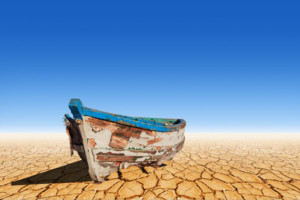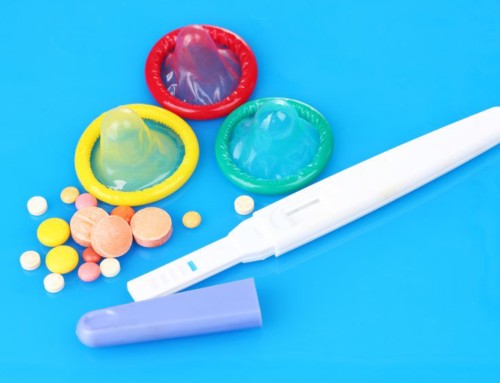
Many women live with vaginal dryness without seeking help. The clear, natural lubricant produced by the vaginal lining keeps tissues moisturized and healthy. But what happens when things… dry up? Vaginal dryness can cause intercourse to be uncomfortable and vaginal tissues to become thinner and inflamed.
Why the drought?
A drop in estrogen is the main reason for vaginal dryness. While menopause is the leading culprit- other female factors, such as childbirth and breastfeeding, can also reduce the production of your natural lubricant. Cigarettes, allergy or cold medications and douching have also been shown to lower estrogen levels in some women. Talk to Dr. Nathan T. Thomas about your vaginal dryness and any possible causes.
Why you should care
Vaginal dryness can leave you more susceptible to infections. In severe cases, vaginal dryness can result in painful cracks or sores in the vaginal walls. Lastly, as mentioned above, you may also experience painful sex due to vaginal dryness.
An issue for the doctor?
A study published in 2017 in the Journal of Sexual Medicine discovered that over 70% of women who live with vaginal dryness have never discussed it with their doctor and 50% had never sought any form of treatment. The fact is- if vaginal dryness is affecting your life, then your doctor can help. Dr. Thomas will talk to you about your symptoms and conduct a pelvic exam to rule out a urinary tract or vaginal infection.
It’s time to moisturize
When treating vaginal dryness, Dr. Thomas will likely start by recommending you avoid perfumes and soaps or lotions with scents. Some lubricants and vaginal moisturizers are over-the-counter and will work for hours or days. Dr. Thomas may also prescribe estrogen in the form of a cream, tablet, suppository or ring to treat atrophic vaginitis. Hormone replacement therapy can help alleviate symptoms of menopause, including vaginal dryness. Learn more about estradiol hormone replacement here. <>
Let’s get it on
Many women notice vaginal dryness with sex. Rushing foreplay can reduce lubrication, so try to take your time. If you’re still experiencing pain during intercourse- try a water-soluble vaginal lubricant. It will relieve your discomfort without damaging condoms or diaphragms.
Don’t keep it inside
If you’re living with vaginal dryness, call our office. Dr. Thomas can help you identify the cause and improve your quality of life.





